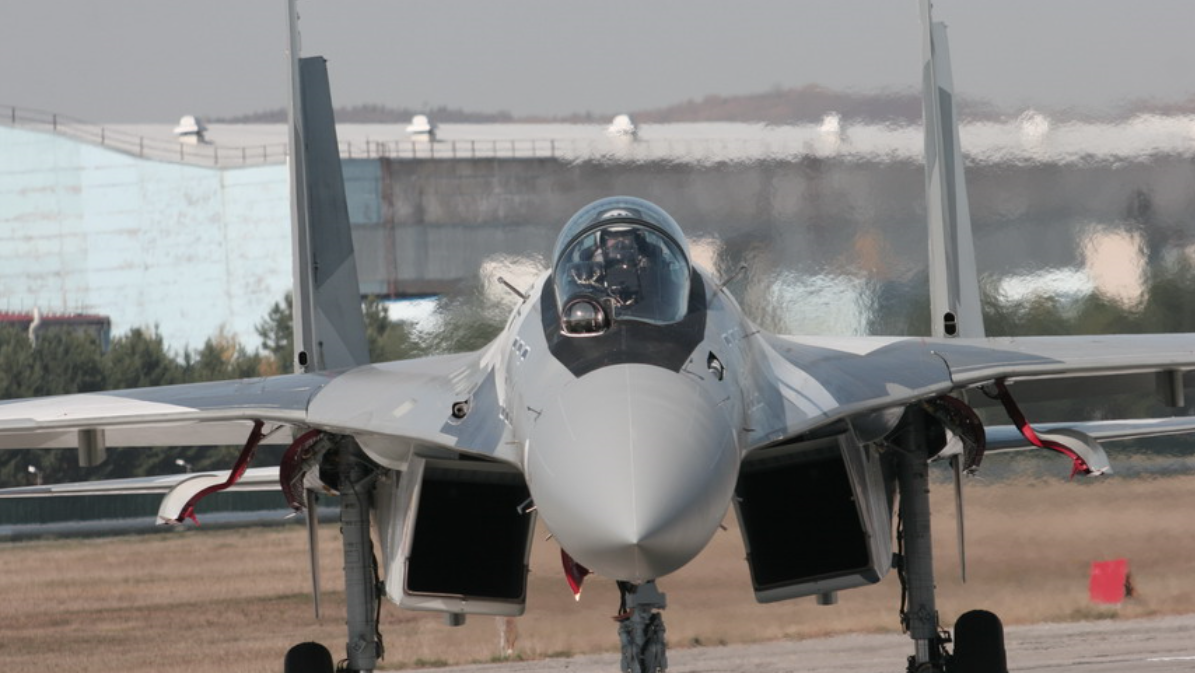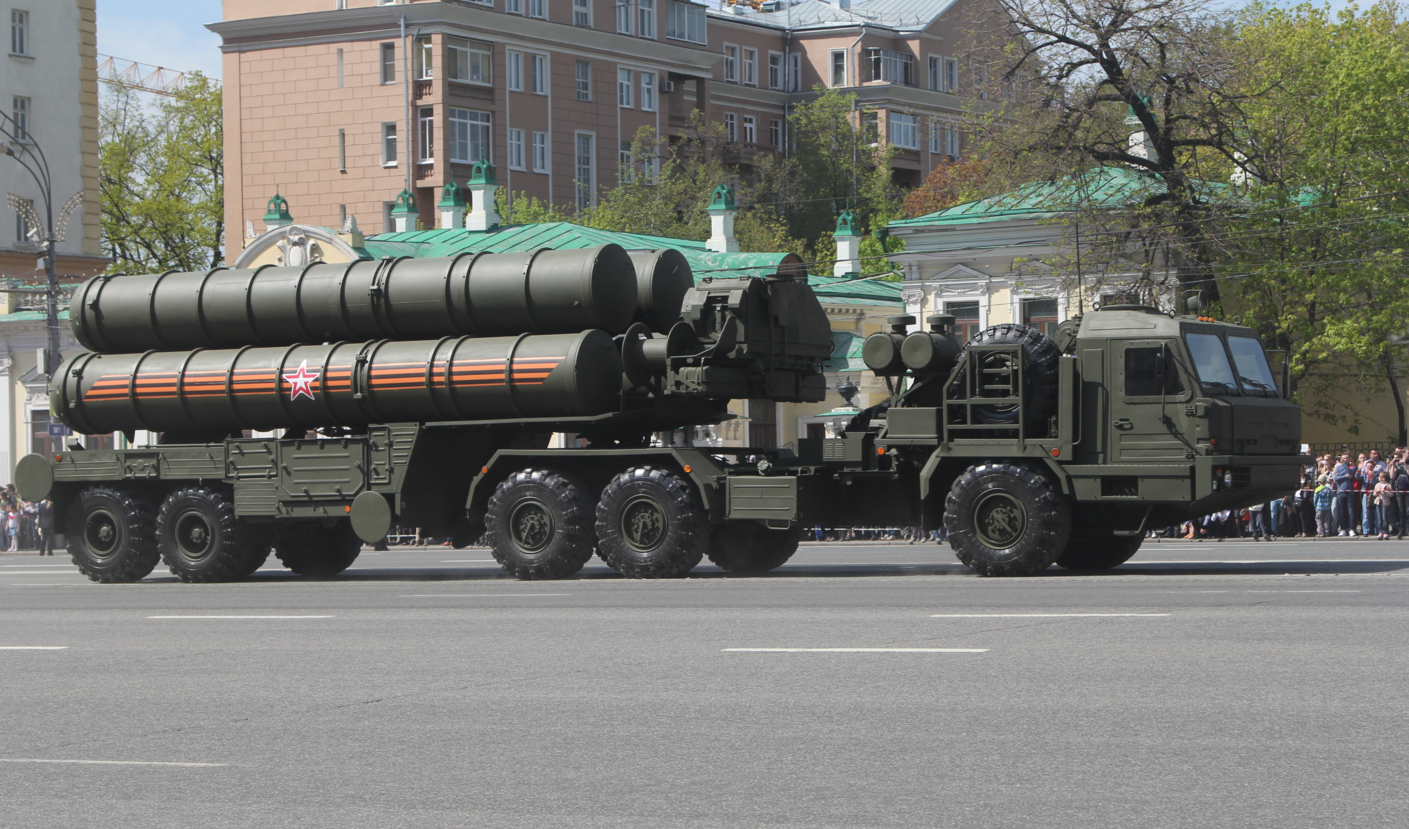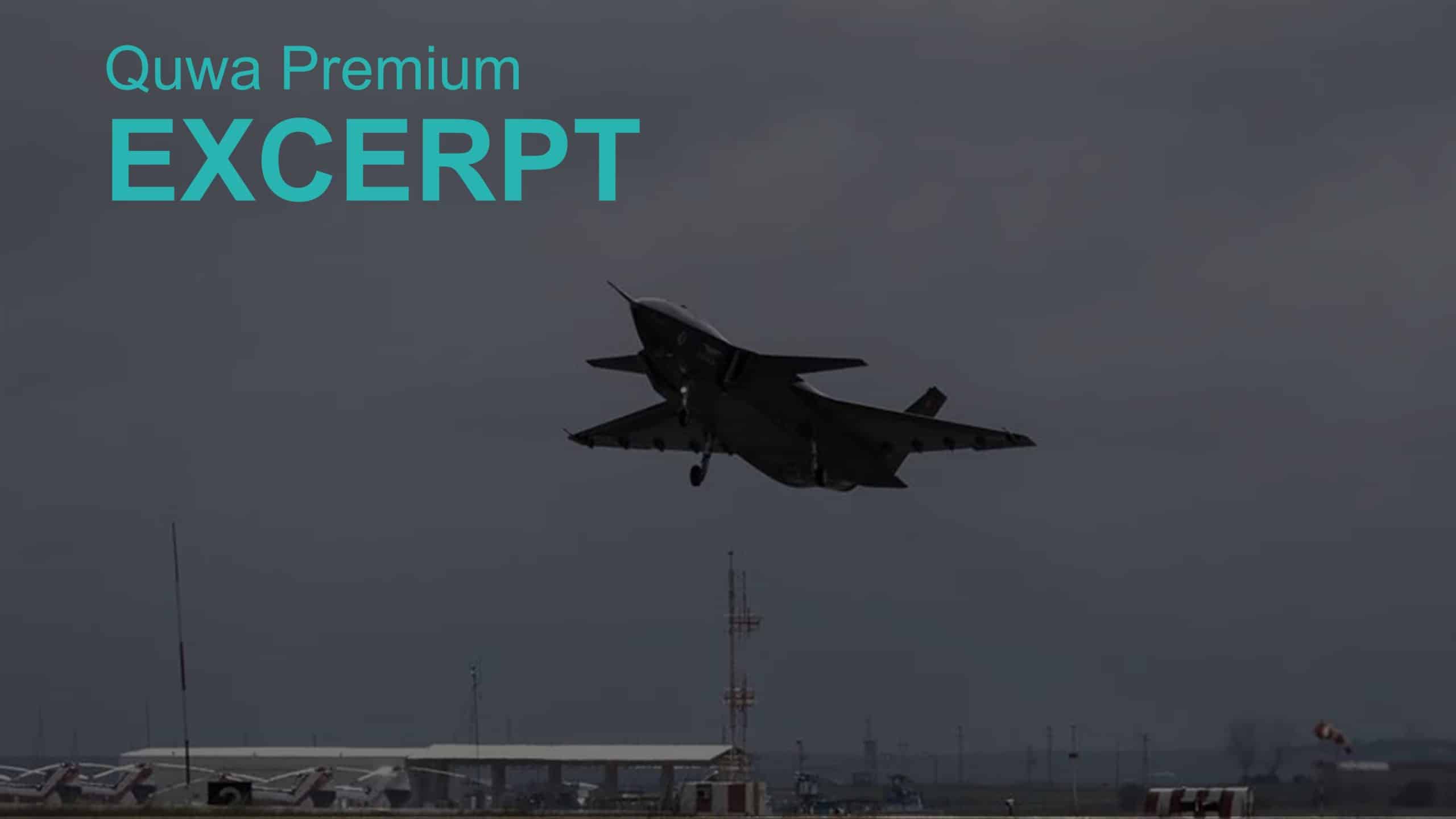3077Views 6Comments

Su-35 to Pakistan? Maybe. Maybe Not…
By Bilal Khan
On September 9th 2015 the news agency Sputnik International reported (link) that the Pakistan Air Force (PAF) was in talks with Russia for the purchase of the Sukhoi Su-35. Dawn News picked up the story the following day (link). The story at hand basically boils down to a statement reportedly made to journalists by Sergei Ryabkov, Russia’s Deputy Foreign Minister.
In one of my previous articles (link) I argued that while the growth in Russian-Pakistani defence relations is real, it is important to manage one’s expectations. This is not to demean the inherent strengths of the Su-35 or the value it would bring to the PAF, but at best, this whole issue is likely in its early stages, and thus liable to fall through at any time.
It would be a good idea to explore how the Su-35 would benefit the PAF. For one thing, the Su-35 possesses considerable range and payload, especially when compared to the up and coming PAF mainstay, the JF-17. For example, the ferry range of the JF-17 is 3482km (link), the Su-35’s ferry range sits at 4200km (link). In terms of take-off weight the JF-17 and Su-35 run at 12,383kg (link) and 34,500kg (link), respectively. With 12 hardpoints (or weapon stations) at its disposal (link), the Su-35 would make for a very capable strike platform. With its range and twin engine layout, the Flanker could also serve as a robust maritime operations aircraft.
It is not an exaggeration to suggest that the Su-35 is a game-changer for the PAF: The Su-35’s strike element would enable the PAF to threaten India’s northwest operating theatre, especially if said Flankers are equipped with Pakistan’s robust line-up of stand-off air-to-surface munitions. Just imagine the prospect of a Su-35 equipped with multiple air launched cruise missiles (ALCM) equipped with sub-munitions dispensers (for guided bomblets). In terms of the Pakistan’s maritime theatre, the Su-35 could serve as a potent air superiority and anti-ship platform against the Indian Navy’s surface and aerial assets, respectively. Even the Su-35’s Irbis-E radar, which can track 3m2 RCS targets at 400km (link), can enable the Su-35 to achieve considerable situational awareness, and not only would that be beneficial to the Flanker, but nearby aircraft as well (would operate akin to a mini Airborne Early Warning aircraft).
There is no doubting the Su-35’s potential, but there should also be no delusion about the Su-35’s potential maintenance issues for the PAF. It is, at the end of the day, an entirely new fighter type that will require the PAF to lay out maintenance and operational infrastructure from the ground up. And this is not to mention the higher costs associated with flying a larger and heavier aircraft. Whether this task is insurmountable or not is a different story, one I imagine the PAF is (or will be, if the reports are accurate) most familiar with in this regard.
However, to be frank, this is not the actual issue at heart, but rather, it is the question of whether there is enough smoke in this story to infer the existence of a fire. In other words, are these stories true? In the end, the validity of this story is based on two conditions. First, if Russia’s Deputy Foreign Minister (FM) actually said that the PAF is in talks for the Su-35 and second, if the PAF is actually interested in the fighter.
To be honest, it is difficult to fully ascertain even one of the aforementioned conditions with the information currently available. There is only one known source for the Deputy FM’s statement (i.e. Sputnik), and the only possible indicator of PAF interest is Air Chief Marshal’s Sohail Aman’s response to a PTV interview question about future procurements where he said something along the lines of wanting a healthy mix between Eastern, Western, and indigenous solutions in the next generation fleet. There is nothing specific from either the PAF or even the Pakistani government to suggest that there is interest in the Su-35.
Given the media’s attention on this issue, it might not be long before the PAF makes a statement, either to outright deny that such talks are occurring, or to suggest that there is some momentum behind the Su-35. Let us just hope this issue does not fade into the background without confirmation, as with so many others in the past.



6 Comments
by Salman masum
Aircraft maintenance infrastructure in PAF has been and is already flexible enough i.e. has the capacity and the ability to adapt a new weapon systems into its fold. The real thing to follow up is the operational needs of the PAF for the platform. If SU35 has to use the munitions thatbarenalready in the PAF arsenal then to me it may not make much sense operationally.
Another aspect to keep in mind for su35 or any other acquisition is that a larger JF17 fleet will increase its longitivity and is therefore beneficial to the PAF.
Salman Masum
by saqrkh
Well said. Another thing to consider is the advent of high altitude long-endurance (HALE) UAVs that can loiter in the skies for very long periods and could one day even house anti-ship missiles. If the PAF is truly forward looking, it would also be studying the feasibility of this technology in lieu of large manned combat aircraft.
by Vap
I think PAF needs to start thinking about other planes other than F-16. While F-16 could be anything but it always comes with strings attached. We cannot match-up with IAF if we kept on buying F-16’s
by Javed
I think induction of SU-35 class fighter has been long overdue and as we all know (PAF) have suffered immensely ( and very unfairly) so we must get away from US equipment altogether. Pakistan should first try to get its hands on J10-B ( it is original Chinese design thus no issue selling to Pakistan) and /or J11-B, if Chinese can sustain reasonable production of these fighters. J10B (now) is very comparable to F16 block40/50, the only gating item may be a reliable engine which I heard Chinese now have their arms around its problem.This fighter in reasonable number could argument F16. in its strategic role.
FYI India is assembling SU30MKI under license at HAL and they (by the end of the program) will have 274 SU-30MKI a very formidable numbers which PAF have no match in foreseeable future.
by shaukat
Pakistan needs a twin engine plane. Specially something like the SU 35, USA will never offer the F15, they know PAF pilots capabilities and will never allow for air superiority development by PAF compared to Israel. If PAF gets the SU35 and its induction proves successful, all three USA, India and Israel will be very concerned regarding this matter.
by zach amin
You have deleted RD93 Engines out of equation. SU-35 use similar modified engines that JF17 uses except it uses thrust vectoring. I have no doubt in PAF’s maintenance crew. They are one of the best in this business.